The Music Makers – Volume 2
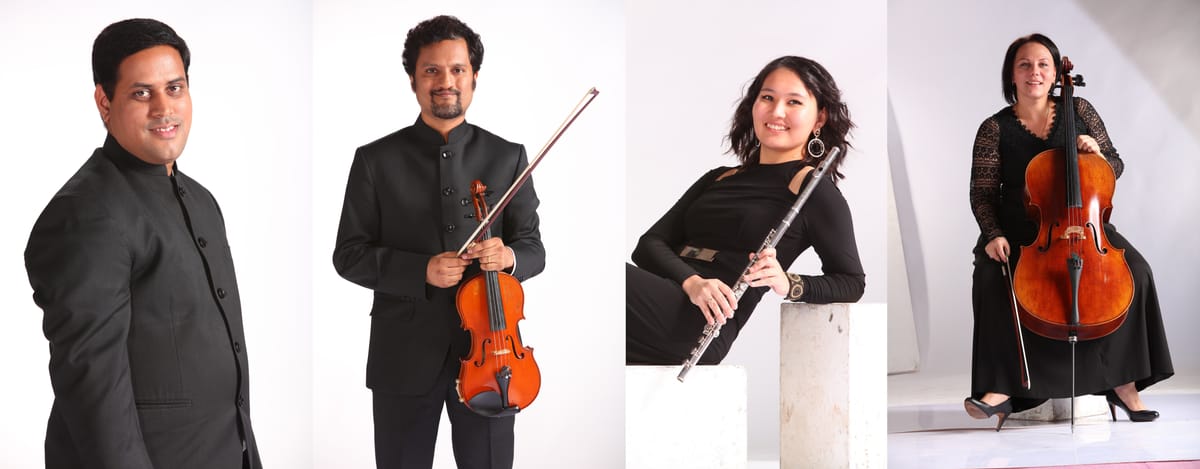
We take a closer look at some of the people who have been an integral part of the Symphony Orchestra of India.
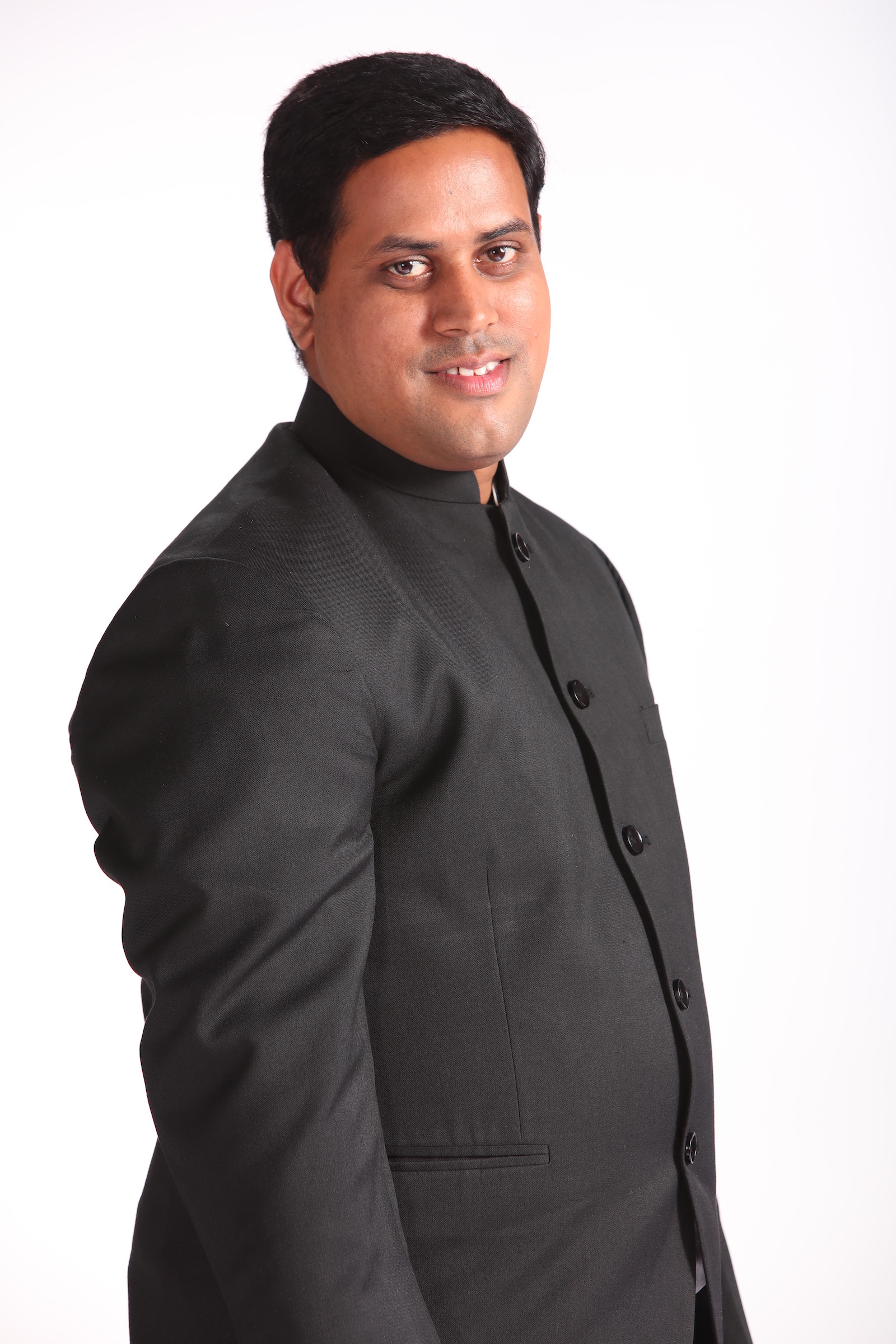
PRABHAT KISHORE, VIOLIN
ON Stage: How did your career with the SOI begin?
Prabhat Kishore: Our music director, Marat Bisengaliev, heard me performing at Taj Land’s End in Bandra. I was playing Western classical music and some English pop tunes and I didn’t know he was listening or that he was in the process of forming an orchestra. He came up to me and invited me to try for the ongoing auditions for the SOI in 2005. I have been with the SOI from the beginning.
OS: Describe a regular working day in the life of a resident SOI musician.
PK: It is never fixed. It depends on what concerts we have coming up. We work longer hours during the concert season. We always start our days by coming in early and doing a warm-up session.
OS: Could you describe what you believe was your best performance with the SOI till date?
PK: There is no one best performance, there are many. I have been with the SOI from the beginning so we have had a lot of memorable performances. Last year, our music director conducted Prokofiev’s Symphony No. 5. at the NCPA. For me, it was a performance that touched my heart.
OS: Why, according to you, is music important?
PK: Music is important to me because I come from a family of musicians. Before SOI, I was working in Bollywood. I have played the violin in many Bollywood songs. The industry came to me like a gift because my father was part of it.
OS: How did you decide to become a musician?
PK: My whole family is into music. That’s one of the major reasons why I’m a musician. My grandfather was a great music director in Bollywood. My father, Jugal Kishore, is also a music director in the film industry. He has composed many popular songs. His most famous song is ‘Janam janam ka saath hain tumhara humara’ from the movie Bheegi Palkein sung by Mohammed Rafi and Lata Mangeshkar.
OS: Did you explore/study other genres of music?
PK: I have studied only Western classical music. But working in Mumbai as a musician means we need to play in Bollywood to make a living. So I am familiar with many styles of music. I have played Bollywood songs, English songs, Western classical and even jazz.
OS: What is your all-time favourite work of music and why?
PK: My favourite work of music is Pyotr Ilyich Tchaikovsky’s Serenade for Strings. The second movement never fails to make me happy.
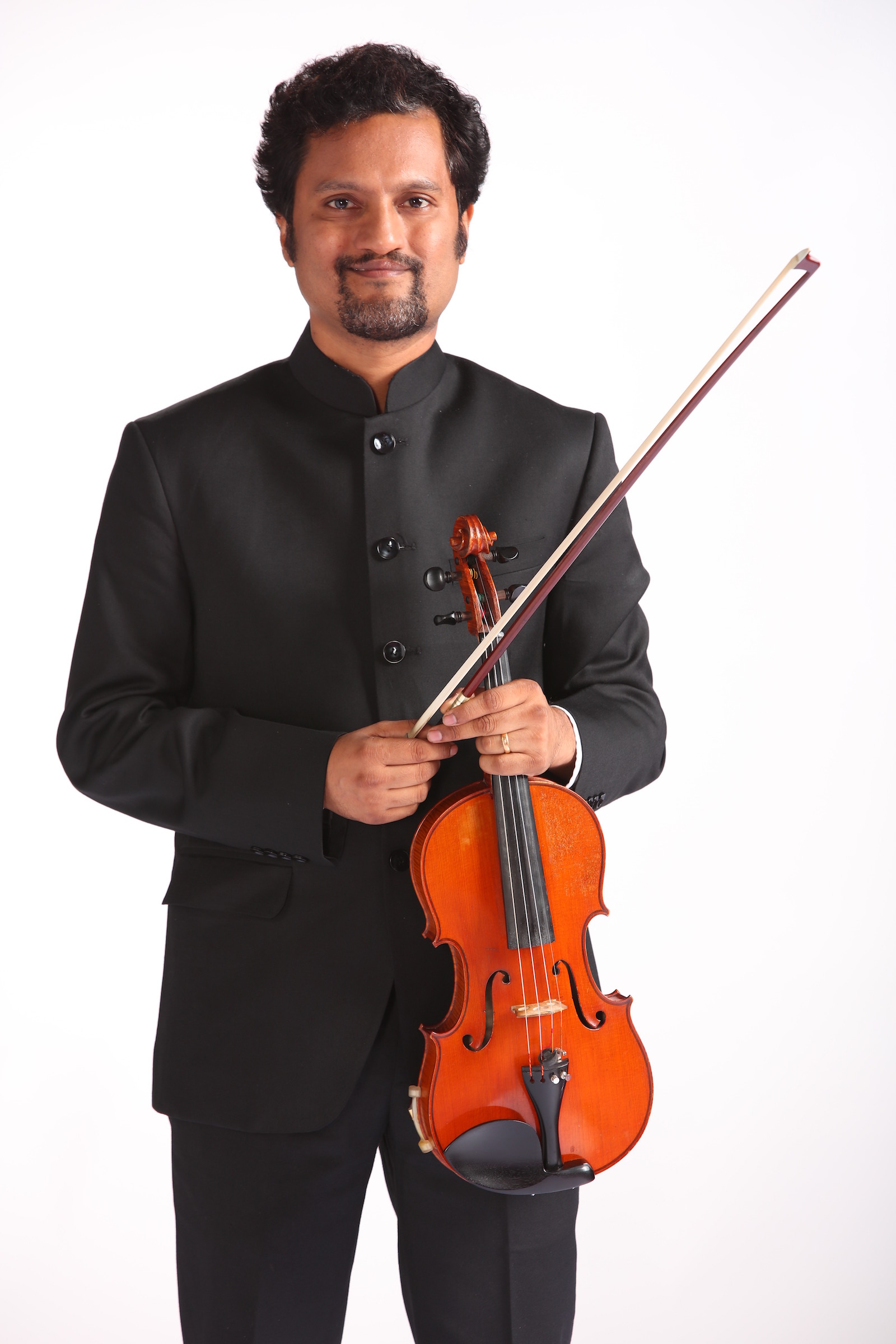
AVERELL DESOUZA, VIOLIN
ON Stage: How did your career with the SOI begin?
Averell DeSouza:I used to play in The Bombay Chamber Orchestra around the time there was talk of forming a professional orchestra by the NPCA. I auditioned on both violin and viola, and having read about the reputation of virtuoso Marat Bisengaliev, playing in front of him was a bit daunting. Well, I made it through on my primary instrument: violin. Since then, there has been no looking back. I’m happy to note that I’ve been with the orchestra since its nascent stage and have grown along with it from strength to strength.
OS: Describe a regular working day in the life of a resident SOI musician.
AD: We generally work in sections or groups in the early part of the day, looking at new repertoire, be it for a chamber concert or an orchestral season. These sectionals are of immense value to us as we get to the nuts and bolts of the music, so to say. When a concert is approaching there are intense rehearsals involving repetitions of different musical subjects which, at times, can get mentally draining and physically exhausting. But we are well rewarded when we achieve the desired output and play satisfying concerts.
OS: Could you describe what you believe was your best performance with the SOI till date?
AD: One that comes first to my mind is Tchaikovsky’s Nutcracker in our inaugural season. We were craving to see something of the action on stage, but couldn’t as we were in the pit. But then recently we performed Puccini’s La Bohème where we were seated on stage just behind all the action and drama. This was a unique production and a memorable one for me.
OS: What has been your most fulfilling teaching experience with the SOI?
AD: The SOI performs educational concerts in almost every concert season as part of its outreach to young audiences, including children from schools, special institutions and NGOs. Recently, children from the Happy Home and School for the Blind were on stage with us as we performed. I realised we were sharing a special moment with them. They could not see us play and yet they felt a strong connect to the music.
OS: Why, according to you, is music important?
AD: If music be the food of love, play on. So said Shakespeare and I agree. Performing the first movement of Rachmaninoff’s symphony in rehearsal today with the entire orchestra made me feel a stronger connection to my spiritual self and my Creator. In a world filled with so much destruction, violence and crime, music is something that helps restore one’s sense of balance and sanity. It makes us more humane, more sensitive to our environment and to the people around us. To me, music is restorative, soothing and comforting. Playing in an orchestra, and the SOI in particular, has helped me work with a common unified objective.
OS: How did you decide to become a musician?
AD: My father is an amateur violinist and guitarist, and my great-uncle was the legendary saxophonist Mickey Correa, who was a big band leader at the Taj Mahal Hotel. So learning a musical instrument was a logical step for me. I used to play in a piano quartet when I was pursuing my engineering degree to make some pocket money. I started getting involved in live music assignments, recording projects and teaching. In fact, I was doing a regular contract at a five-star hotel, playing in a violin/piano duo, when the opportunity to play in a professional orchestra arose. However, I do put my analytical skills acquired in engineering college to use in dissecting a piece of music. So all’s well that ends well, I suppose.
OS: Did you explore/study other genres of music?
AD: I am a big fan of jazz and, more importantly, jazz violin and my favourite exponent in the genre is Stéphane Grappelli. There’s no one like ‘Ol Steph’ when it comes to swing. I have a few of his albums, including a LP where he has collaborated with the great classical violinist Yehudi Menuhin. I have got books of his jazz transcriptions and other improvising books. I used to play with the great jazz pianist of yesteryear, Richie Marquis, who had interacted with the likes of Duke Ellington. That got me really interested in big band music which I also love.
OS: What is your all-time favourite work of music and why?
AD: My favourite musical works would definitely include the Brahms and Beethoven violin concerti. I heard them both played live by Pinchas Zukerman with the Israel Philharmonic Orchestra conducted by Zubin Mehta here at the NCPA. I remember being totally spellbound by the aural and visual experience.
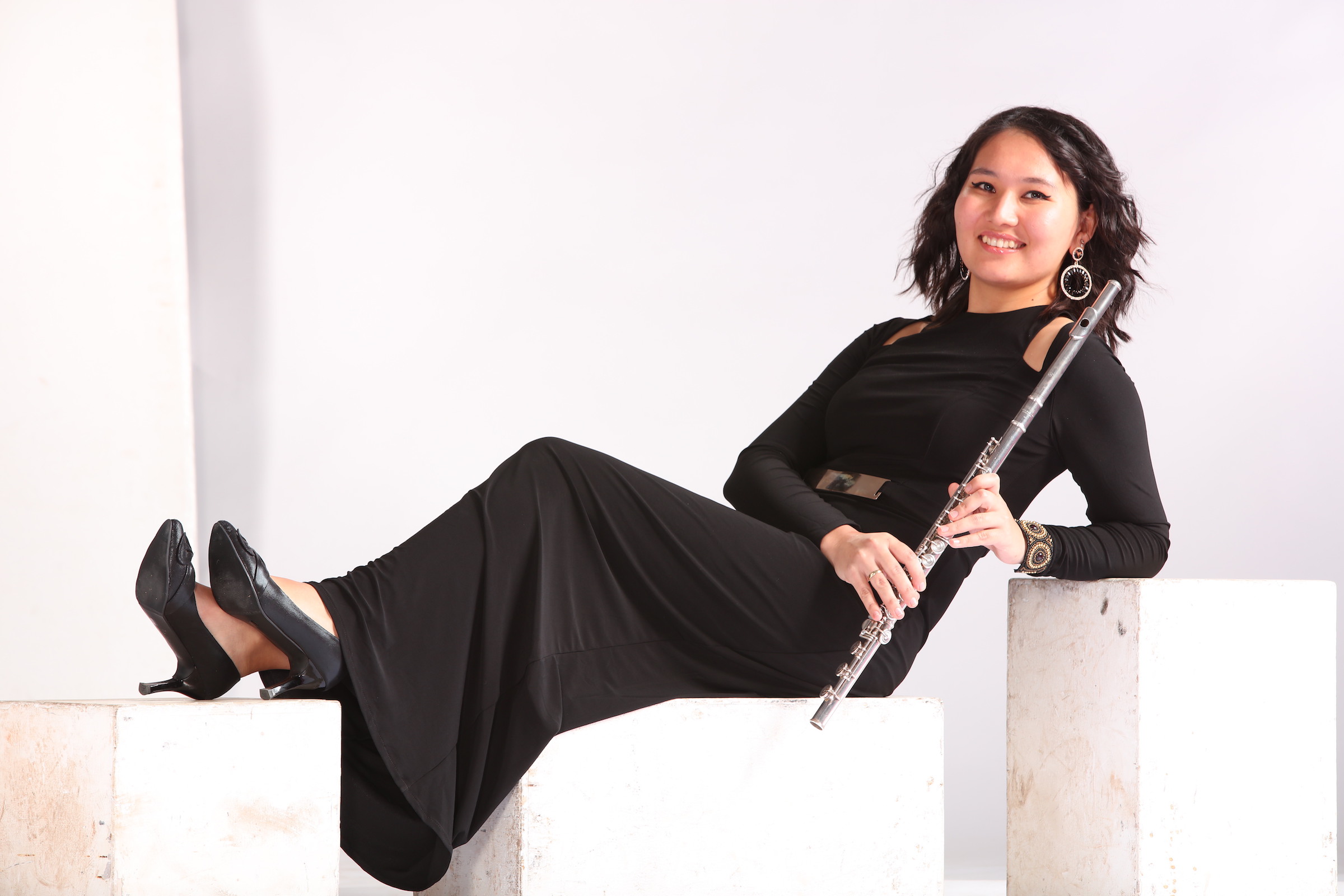
AIGERIM BEISEMBEKOVA, FLUTE
ON Stage: How did your career with the SOI begin?
Aigerim Beisembekova: Around the time of my graduation from the Kazakh National Conservatory, I got to know that the NCPA was looking for a resident flute player for the SOI. Luckily, SOI manager Onay Zhumabayeva was on her vacation in Almaty and I got a chance to meet her for an interview.
I was asked about my education, knowledge of English language and my work experience. Afterwards, I had to wait for the decision of the Music Director, Marat Bisengaliev, which turned out to be positive. It wasn’t easy to leave my family, my job, my whole life in Kazakhstan, but I fell in love with the SOI the moment I heard its music recordings. So I moved to Mumbai in less than a month after the interview. I believe it’s all about being in the right place at the right time.
OS: Describe a regular working day in the life of a resident SOI musician?
AB: There is no regular working day in the life of the professional musician. We always have to be flexible and organise our day differently according to upcoming plans. In general, we have five hours of rehearsal and up to four hours of teaching every day.
OS: Could you describe what you believe was your best performance with the SOI till date?
AB: I enjoy every single performance, so I really can’t pick one as the best. But I definitely won’t forget my very first performance with the SOI. Especially ‘La gazza ladra’ by G.Rossini, as it had a very tricky piccolo part. I was so nervous that I couldn’t play it properly at once. Surprisingly, Martyn Brabbins acted like nothing happened and he didn’t come back to that place anymore. I practiced those eight bars of music for almost seven hours that day and the concert went off perfectly. For me, it was an absolutely special performance.
OS: What has been your best/most fulfilling teaching experience with the SOI?
AB: I am really fond of all my students. We are very close and I’m always proud of them no matter how successful their performances are. I appreciate every tiny improvement in their playing, sound producing and their efforts to make progress. When it comes to workshops, the NCPA does a lot of work in promoting Western classical music and introducing it to a large number of people. We play Western classical music concerts to increase public interest across India. We also organise workshops and master classes for the same reason. We have been to cities like Bengaluru, Mussoorie, Dehradun, Hyderabad, Chandigarh and we look forward to visiting more places.
OS: Why according to you, is music important?
AB: Music has now become the main part of my life, so there are too many things which I could say about its importance. But in general, I really like Mitch de Klein’s piece called ‘8 reasons why music is important for us’ which you can find on his blog. He says music is the universal language, it creates ambience, it unites, it helps to focus, it can do great things to our mood, it improves our memory and imagination, and it gives us pleasure.
OS: How did you decide to become a musician?
AB: It hasn’t been a conscious decision. I used to play a recorder just for fun since I was 10 years old. Honestly, I was planning to become a scientist or an architect. My father dreamed about becoming a musician, but it wasn’t possible because of many reasons. That was probably why he sent me to music college after high school.
OS: Did you explore/study other genres of music?
AB: I never really studied anything except Western classical music, but I enjoy playing jazz. And somehow, I often get a chance to jam.
OS: What is your all-time favourite work of music and why?
AB: I don’t have any. This is very predictable, but my all-time favourite composer is Johann Sebastian Bach for many reasons. Usually, I don’t like playing the music that I enjoy listening to and vice versa. But I enjoy listening to as well as playing Bach. I feel a special connection with his music, both emotionally and intellectually.
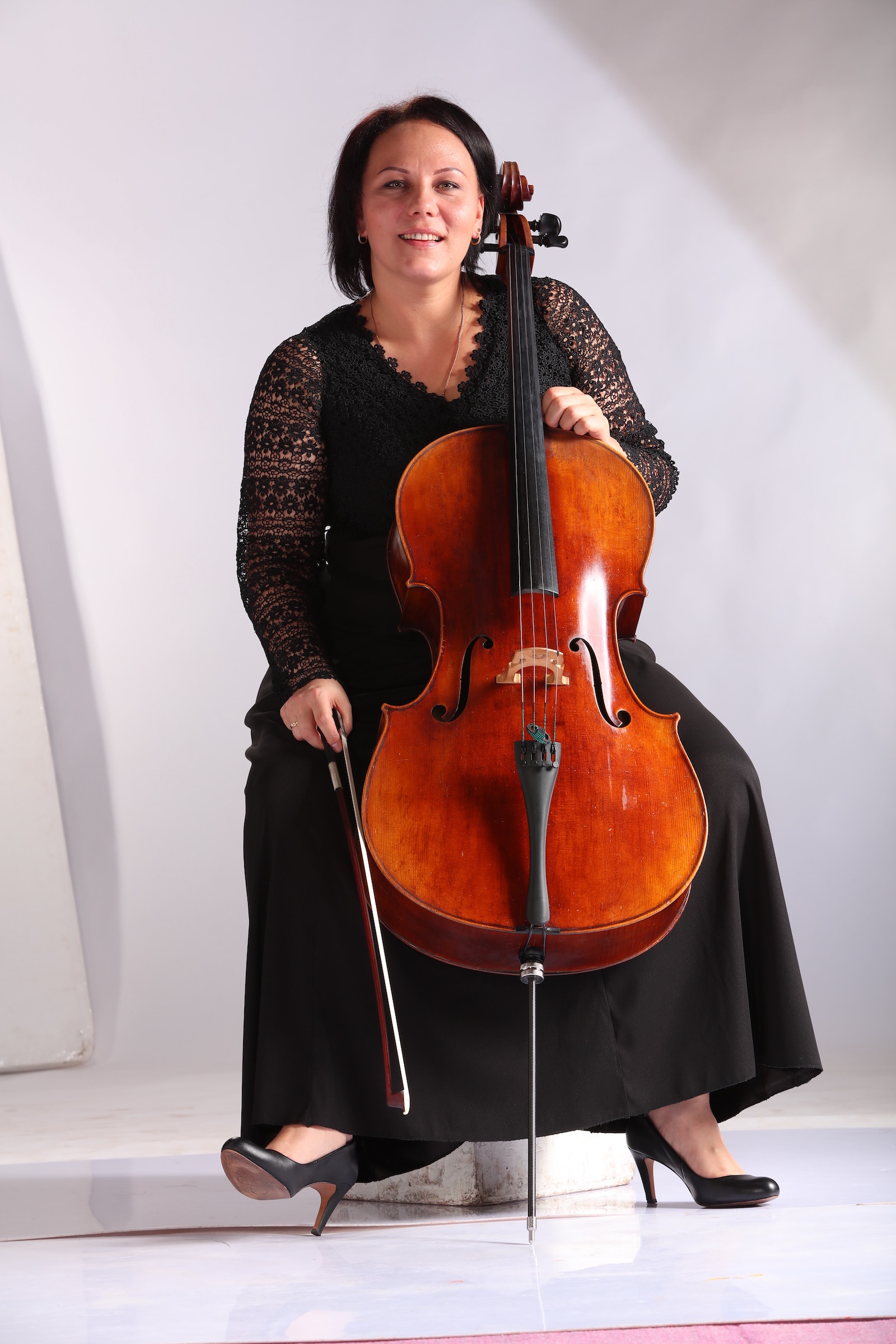
YULIA GALLYAMOVA, CELLO
ON Stage: How did your career with the SOI begin?
Yulia Gallyamova: It now seems to be very long ago, but I used to play with the West Kazakhstan Philharmonic Orchestra under the direction of our Music Director, Marat Bisengaliev. Following that, I joined the SOI starting from the second season, and started teaching at the NCPA in 2010.
OS: Describe a regular working day in the life of a resident SOI musician.
YG: For a resident SOI musician, it is twofold. On the one hand, we practice and prepare works, which we plan to perform for the upcoming season of the SOI Chamber Orchestra, which performs throughout the year. On the other hand, we are engaged in teaching our students at the NCPA music school.
OS: Could you describe what you believe was your best performance with the SOI till date?
YG: There are several that spring to mind, but to me, a personal highlight was when we played The Planets by Holst under the baton of Martyn Brabbins, who incidentally, has also conducted the Spring 2019 season.
OS: What has been your best/most fulfilling teaching experience with the SOI?
YG: It is one of those questions that eludes an answer. The fulfillment of teaching lies in the daily work with the students, and watching them progress from week to week, month to month, year to year.
OS: Why, according to you, is music important?
YG: I feel I fall a little short in saying something on this that hasn’t already been said, but I agree with the late conductor Leonard Bernstein who said that music can ‘name the unnameable and communicate the unknowable’.
OS: How did you decide to become a musician?
YG: On a whim, I think. I remember dragging my dad to a music school in my childhood and eagerly telling him that I wanted to be a musician.
OS: Did you explore/study other genres of music?
YG: While I enjoy listening to many genres of music, especially jazz and 1980’s pop, I have always been steeped in Western classical music.
OS: What is your all-time favourite work of music and why?
YG: That is a hard one. It is like having to compare kiwis, potatoes, and cherries, all of which I love. But if pressed to make a choice, it would have to be the cello sonata by Sergei Rachmaninoff. Why that particular piece is again probably two-fold. I am sure it resonates with me partly because of my Russian background, but in equal measure, I also find it very serene.
All Images © NCPA Mumbai
This piece was originally published by the National Centre for the Performing Arts, Mumbai, in the March 2019 issue of ON Stage – their monthly arts magazine.





